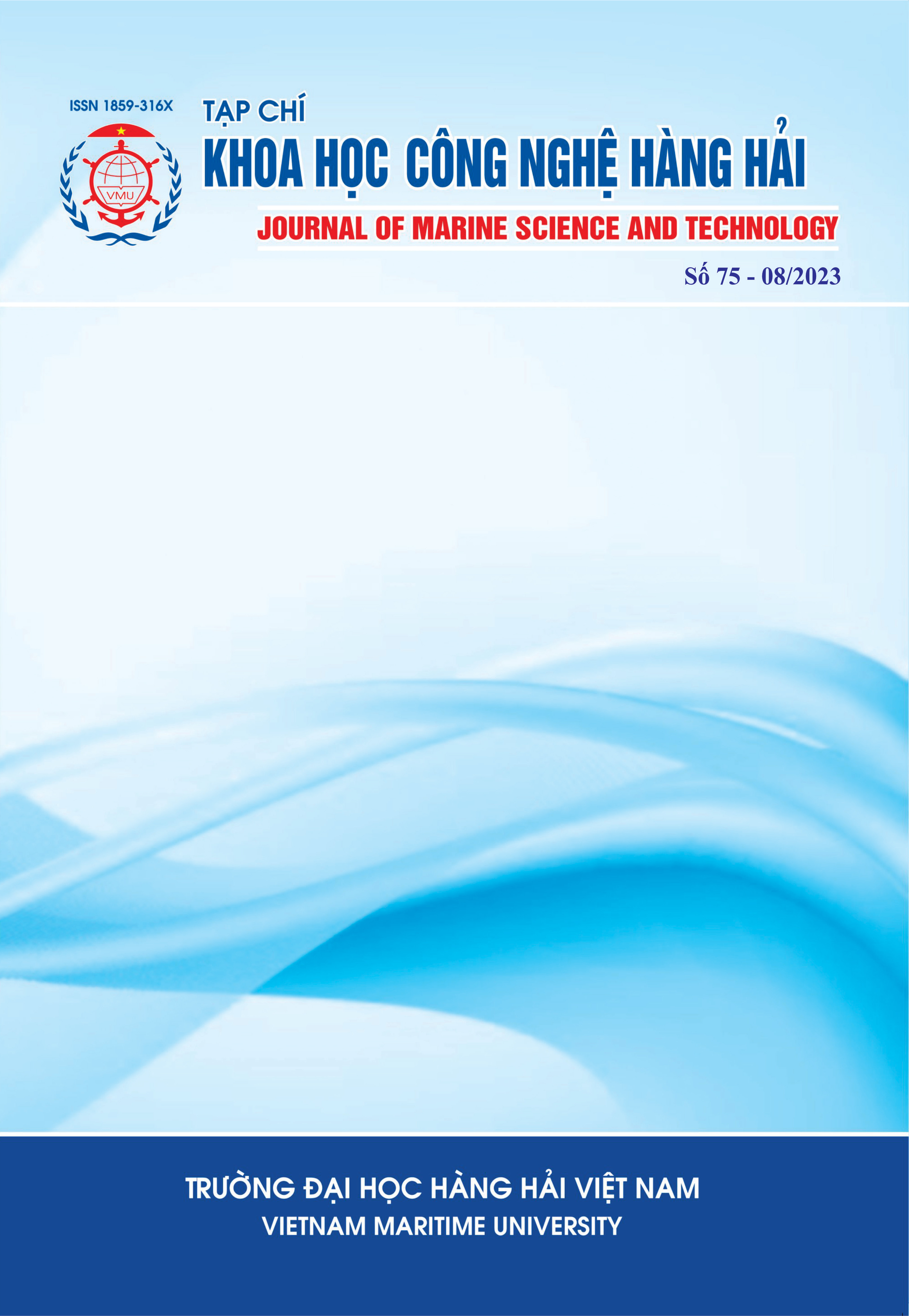Abstract
The characteristics of ship’s oil pollution are often occurring in large seas, related to many different countries. At that time, international law will have to promote its role in controlling ship’s oil pollution. One question is how will international law control ship's oil pollution in different seas such as domestic waters, territorial waters, and exclusive economic zones of a country? What about international waters? Or, what will be the impact on ships flying a flag of convenience? Moreover, the convention concerning general jurisdictional issue is mainly the United Nations Convention on the Law of the Sea 1982 (Unclos). The Unclos provides a jurisdictional framework for the adoption and implementation of safety rules and standards for vessel source marine pollution by defining the features and extent of a state’s jurisdiction in different capacities. This article will analyze regulations of Unclos dealing with the control of ship source marine pollution to address the above questions.

